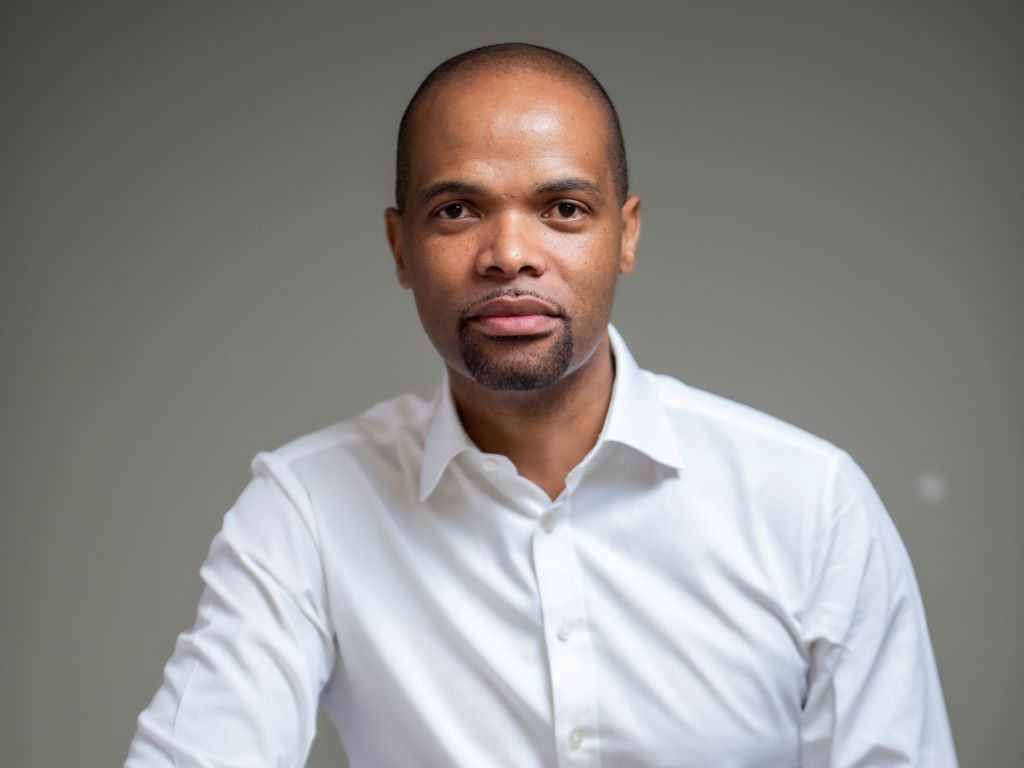
The medical aid industry is at a crucial turning point, driven by innovative technologies, and an ever-growing need for inclusive and affordable healthcare solutions.
According to Bestmed CEO and Principal Officer, Leo Dlamini, this sector is likely to witness the emergence of a more collaborative ecosystem as a result of partnerships between tech businesses, insurance companies and healthcare providers – those that offer an integrated experience – to align to shifting consumer demands.
“In fact, there are several pressure points that continue to challenge the industry,” says Dlamini. “Compliance, with its evolving regulations and policies, including those related to data protection and member privacy, are high on the list, along with balancing the budget within a tight economic environment remain key priorities.”
Increasing health costs
The cost of providing healthcare cover is increasing faster than the economic growth rate and the consumer price index (CPI) which renders medical scheme membership unaffordable for the majority of South Africans. “Balancing the rising costs of healthcare and affordability for members is delicate and critical aspect of a running a sustainable medical scheme,” adds Dlamini. “Driving the increase in costs of healthcare is also the utilisation rate (claims ratio) by the members. This is partly due to a rise in elective procedures post-COVID and the more aggressive clinical interventions. Much of this, we believe, is a consequence of people neglecting their regular health screenings, which is now translating into more serious health issues that require deeper intervention, more exploratory procedures and specialised treatment.”
The biggest cost driver in healthcare in 2024 continues to be hospitals, followed by specialists. “Although the number of hospital admissions are currently lower than they were in 2019/2020, the average cost of admission has risen substantially. This is why it is very important to establish collaborative ecosystems that are inclusive and beneficial to all stakeholders.”
Personalised prevention over cure
Now more than ever, consumers are demanding transparency, simplicity and responsiveness when it comes to their medical aid, says Dlamini, which means a focus on more digitally integrated platforms for easier access to service, information and support. “Digital health technologies, including telemedicine, AI-driven diagnostics and personalised medicine options are increasingly shaping the medical landscape, allowing for more efficient and tailored healthcare solutions.”
“There is also a growing trend towards preventive healthcare,” adds Dlamini. “Medical schemes are, therefore, focusing more on wellness programmes, health screenings and preventive measures to improve members costs and reduce downstream / future costs. This also includes recognising the importance of mental health, and providing broader coverage and services, which include access to counselling, psychiatric treatments and support programmes.”
Retaining control while innovating for the future
2024 will see Bestmed mark 60 years since inception. Bestmed is South Africa’s fourth largest open medical scheme and the country’s largest self-administered entity.
“As we celebrate our 60th anniversary, it’s an opportune time to take stock of how we’ve fared thus far and what the future outlook is,” adds Dlamini. “Embracing technological advancements to create an integrated healthcare ecosystem, as well as focus on delivering innovative health solutions that are competitively priced are key. Equally important is the ability to adapt our offering to the changing healthcare needs of our members whilst also maintaining our Personally Yours brand promise.”
Bestmed achieved over 20% growth rate over the last few years which Dlamini attributes to the organisation’s ability to retain existing members, attract new ones (members) with our value-for-money product offering as well as being responsiveness to members’ needs. “As a self-administering medical scheme, we pride ourselves with being more agile and responsive to members whilst also ensuring that every interaction is not transactional but personal,” adds Dlamini.
As for healthcare advice this year, Dlamini urges consumers to take control. “Do not neglect regular screenings, particularly as you grow into the senior years. Committing to these does not only prove life-saving, but also ensures that your money is not consumed unnecessarily and that your medical scheme is able to safeguard your contributions (reserves) to cover future medical expenses. Make sure that every procedure recommended is necessary and relevant to your condition.”
“It is going to be a tough year as economic growth remains flat and disposable income under sustained pressure from high interest rates and inflation. The national election and the outcomes therefrom will most likely impact all of us in some form or other. As medical schemes we must remain focused on providing value–for–money from our offerings and actively working to improve the health of members,” concludes Dlamini.

